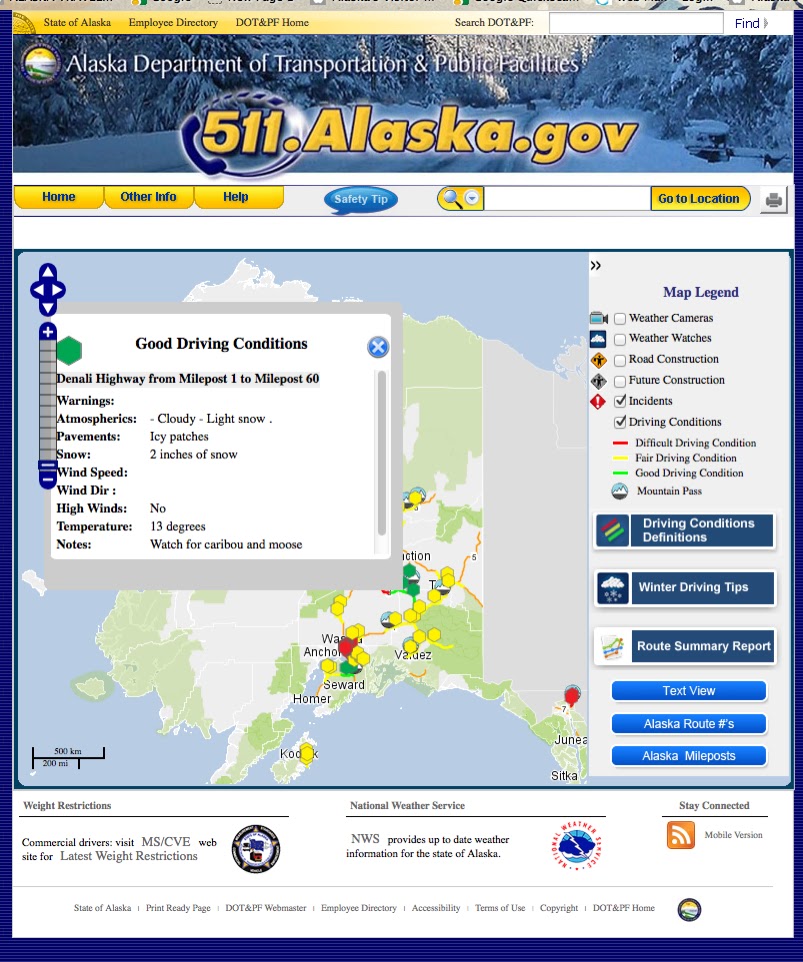Anchorage Daily News Wins Pulitzer For Tackling Alaska's Domestic Violence Issues
After nearly collapsing as a newspaper when its billionaire owner, Alice Rogoff, walked away from the Anchorage Daily News (ADN) and dec...
https://www.countryjournal2020.com/2020/05/anchorage-daily-news-wins-pulitzer-for.html
 |
After nearly collapsing as a newspaper when its billionaire owner, Alice Rogoff, walked away from the Anchorage Daily News (ADN) and declared bankruptcy several years ago, the Daily News has rallied – and won the prestigious Pulitzer Prize. This is the third time the paper has managed this feat in competition with the rest of the United States. The national award was given after ADN staff, working with a non-profit named ProPublica, ran stories on serious social and public safety issues in Alaska's smaller communities.
There were 15 Pulitzer prizes awarded for journalism this year. The Anchorage Daily News, with ProPublica, found that one out of every three rural Alaska communities has no law enforcement at all, and also has extremely high rates of domestic violence, suicide and sexual assault, leaving its populations unguarded.
The Anchorage Daily News series found that many of the local off-road public safety officers that were hired throughout the state were criminals themselves – convicted of domestic violence, felonies and assault. First responder programs in isolated villages were shown, in the Pulitzer prize-winning series, to have failed their communities.
Readers should note that the Copper River Valley does not have the type of "Village Police Officer" (VPO) program written about in the Anchorage Daily News. The "VPO's" described in the series are hired by their communities and don’t subscribe to the same standards as the VPSO program.
Instead, the Copper River Native Association works with the state to invest in the Village Public Safety Officer (VPSO) program, which thoroughly vets and extensively trains Copper Valley Village Public Safety officers in law enforcement, fire fighting, and emergency medical services.
Alaska has a huge number of sexual attacks. The ADN/Propublica project is continuing in 2020 – with a series planned that will explore sexual violence around the state.
The issue of domestic and sexual violence has a long and unsolved history in Alaska. Over the past few Alaska Federation of Natives annual conventions, Alaskan women have brought homemade memorials to the events to honor the hundreds of Native women who have died from domestic violence or sexual assault.
Lottie Sabon of Copper Center, who was murdered by her brother Charles DeWitt in 1995, was listed on a massive poster displayed in the hallway at the convention center in downtown Anchorage during a recent AFN convention, along with many others. This past convention, a 15-foot tall "kuspuk" (woman's traditional Eskimo garment) decorated with faces of 150 murdered or missing Native Alaskan women, was displayed at AFN.
Over the decades, Alaska's leaders have repeatedly maintained their willingness to attack the problem of domestic violence in the state. But the problem never seems to get better. Only ten years ago in 2010, the University of Alaska Anchorage Justice Center randomly surveyed Alaska women across Alaska by calling up 871 women on the phone. They found that more than half of them had been either sexually assaulted or beaten in their lives, and one in eight had been victimized in the year before the survey.
Twenty-five years ago, in December, 1995, Governor Tony Knowles was quoted in the Copper River Country Journal giving an impassioned plea asking for an end to domestic violence in Alaska. He promised the Department of Public Safety would finally do something about the problem. He said Alaska women were being murdered at 1.5 times the national average. He said that 80% of all the murders handled by the Alaska State Troopers were due to domestic violence.
But domestic violence did not stop. Fourteen years after Governor Knowles said he'd end it, Governor Sean Parnell came on board with basically the same message. In 2009, Governor Parnell began a "Choose Respect" campaign to tackle domestic violence. Parnell called for increasing law enforcement over the next ten years, "to ease fear, restore hope and incarcerate offenders." He promised to fill every Village Public Safety Officer position. (At that time, 58 positions were filled of the 71 that were available.) The Governor pledged to work toward providing State Trooper or VPSO presence in every community that needed it.
But now, in 2019-2020 (which actually is ten years after Parnell made these promises) the Anchorage Daily News report clearly shows that many parts of Alaska have failed badly in solving any of the problems that government has said they would fix.














